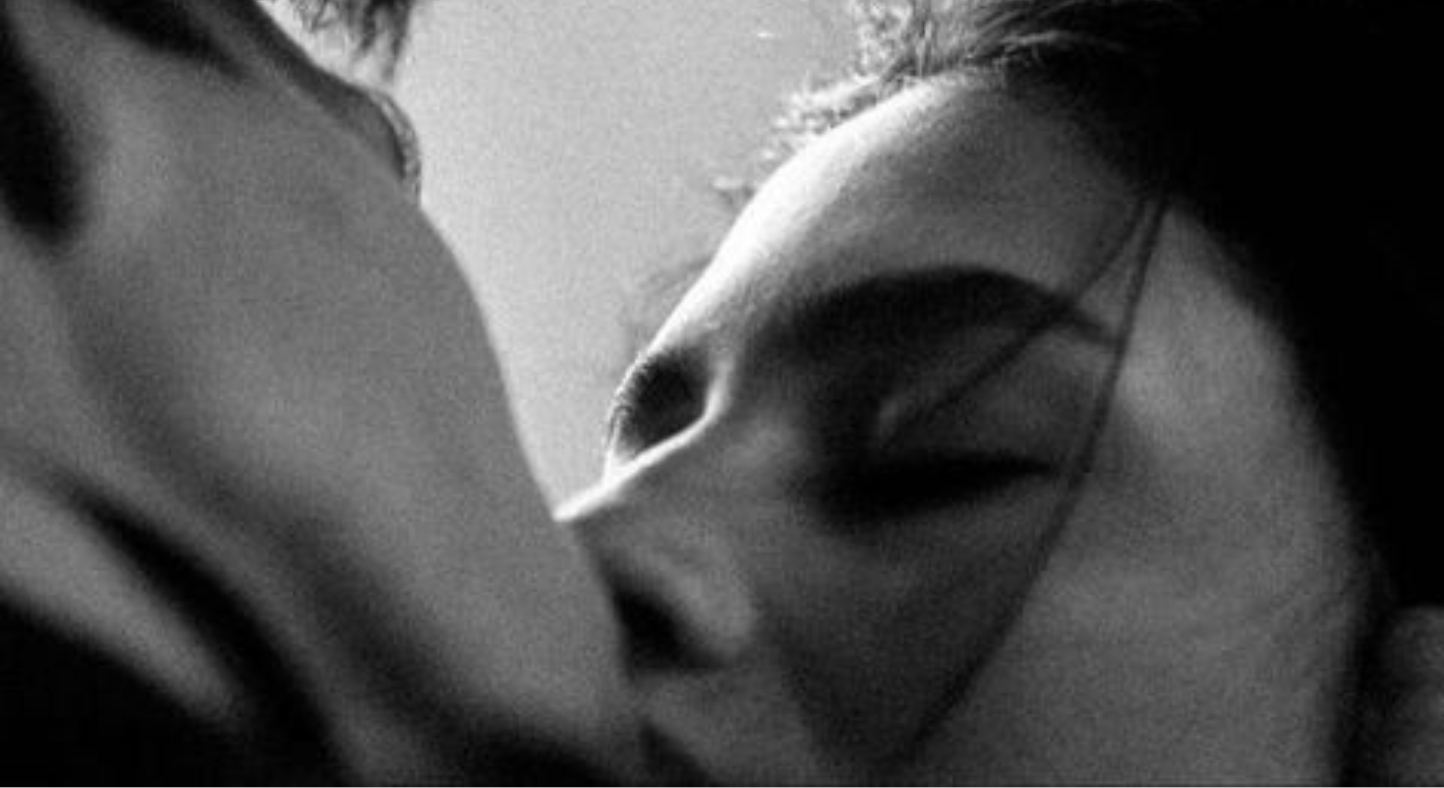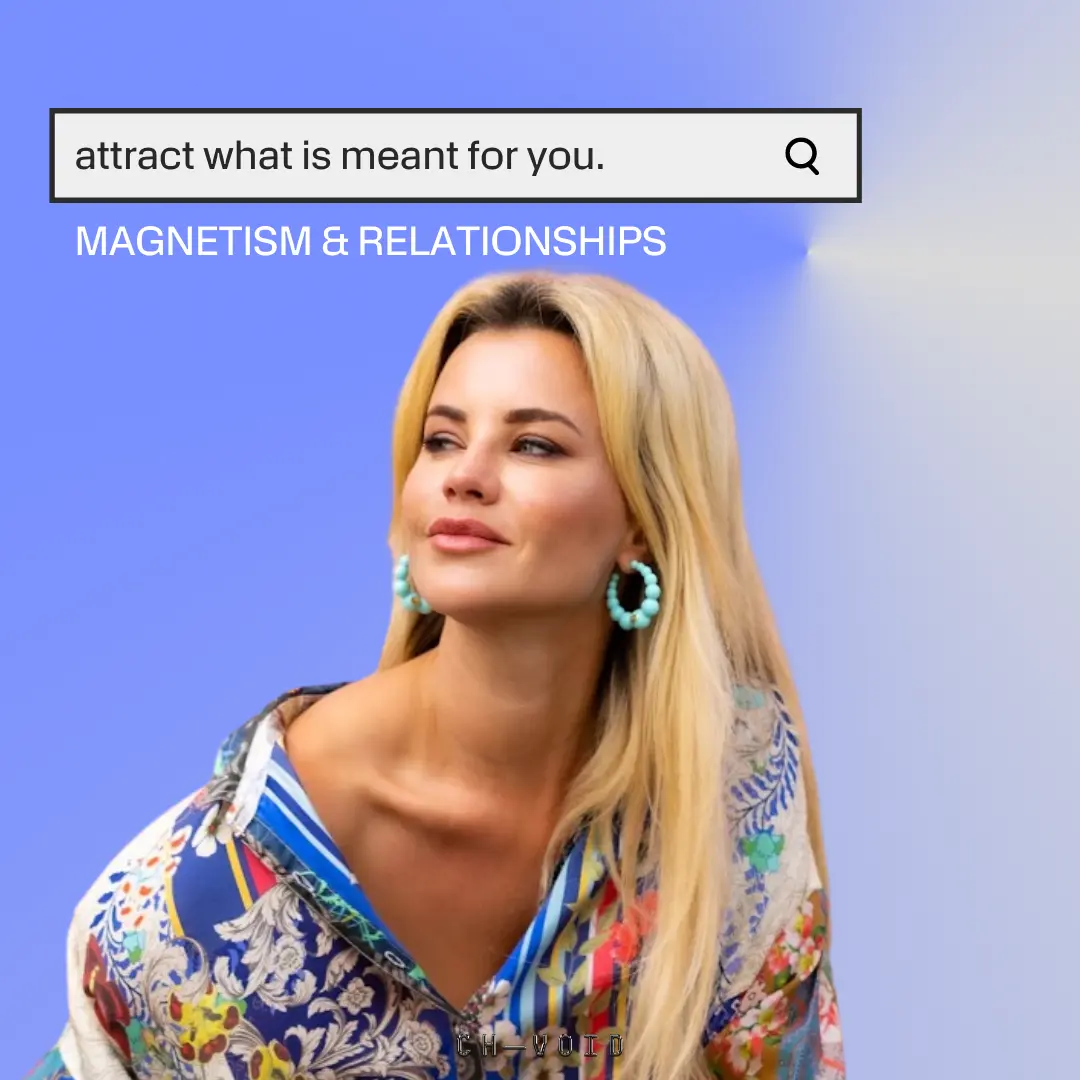My cheating heart
Infidelity: a crisis of relationship or crisis of self?
I’m a child of infidelity.
Whilst the act of infidelity wasn’t carried out on me, it still caused a great deal of pain. It wasn’t until I was older that I began to look a little deeper: had my parents’ marriage collapsed due to the dynamics of the relationship or did it fall apart due to the intentional acts by one parent? Interestingly of all, as I aged, I began to realise that I wasn’t immune to wandering eyes. Whilst I’ve never fully committed the act The Bible swears against, I’m grown enough to admit that past experiences may have fallen somewhere on the sliding scale of cheating.
Intimate relationships have always run parallel with the potentiality of: will I be cheated on? Will I be the cheater? We no longer couple up for economic enterprise (generally speaking) and instead become intimate based on feeling. In fact, it’s important to note here that definitions of relationships have changed too. The paradigm has expanded beyond heteronormative monogamy. Whilst I have never been in a polyamorous relationship or ethical non-monogamy, I am certain there are still boundaries not to be crossed, even interpersonal ones. Regardless of dynamic, when cheating occurs in this postmodern context it threatens one of our most important securities – our emotional security. The very reason we entered the relationship: to feel alive, to feel desire, to feel some form of love becomes the very reason we stray, to continue feeling those intoxicating forms despite the ramifications it will have on our significant other/s, our relationship and, ultimately, ourselves. In our expansive society two things are certain:
It has never been easier to cheat. It has never been harder to keep a secret.
Whilst cheating could be an act that lives in the shadows, behind closed doors, on private webcams, in our Instagram DM’s and in friendships that are possibly too emotionally invested, there is no universally accepted definition of cheating. However, Belgian-born psychotherapist Esther Perel’s definition feels bang on:
“The three key elements: a secretive relationship, which is the core structure of an affair; an emotional and or/ physical connection to one degree or another; and a sexual alchemy. And alchemy is the key word here, because the erotic frisson is such that the kiss that you only imagine giving, can be as powerful and as enchanting as hours of actual lovemaking.”
From one perspective we can ask: what led the relationship up to this point? Did desire fizzle out? Did communication become limited? Do we simply live in an era where we think we can have it all? Interestingly, my parents’ relationship, from the outside, was incredibly healthy and alive. This is not uncommon in a lot of infidelity situations. Still, nothing is ever black and white and authentic openness is arguably one of the hardest things we will ever do. Continuing growth in a relationship requires intention, work, commitment and radical vulnerability; those things are hard, and we are not void of our humanness. The thing is “good” people cheat too. The complexities of why people cheat is as complex as the said and unsaid conversations within their relationships, as complicated as the done and not done actions within their relationships. The clearest reasoning, from a relational perspective, on why people cheat is loss; a loss of desire, a loss of communication, a loss of care or a loss of themselves.
Which leads into the second perspective: is cheating a crisis of self? The Western world is an individualistic one, an interesting lens to view infidelity from. From that foundation, we enter relationships because we want to be together, not because we need to. Yet, we don’t stop being immune from the ideologies ingrained into us by self-realisation culture and entitlement: I deserve to be happy. Which is entirely true. If the shinier, more frisson filled dopamine hit is at arm’s length, will I cross that line at the risk of everything? Perhaps, the cheating algorithm is a balancing act in which the deservedness to self-gratify outweighs the relational intimacy. There is an expression that says:
“We used to divorce because we were unhappy. Now we divorce because we could be happier.”
Regardless of marriage status or freshly together, the root is still cut from the same cloth, and humans are creatures of curiosity and consciousness. We are always questioning in any context, ‘could my grass be greener?’ When listening to Perel’s podcast ‘Where Should We Begin?’ a line rang so clear to me: “When we seek the gaze of another, it isn’t always our partner we are turning away from, but the person that we have ourselves become. And it isn’t so much that we’re looking for another person, as much as we are looking for another self.”
Taking a page from Psychology 101, contextually cheating is like the nature and nurture debate. It is neither a crisis of the relationship or a crisis of self but instead an intricate enmeshment between the two: you cannot have one without the other. There are two things I am certain of. The act of cheating is wrong – in any capacity – regardless of reasoning. For anything to move forward, acknowledgement of the impact of infidelity is paramount. The complexities of why people cheat and what lead them to cheat could be a PHD thesis. Perhaps we haven’t been open with our partner/s about our true desires? Or our partner has become cold and disconnected? Or the relationship has become mutually mundane? Perhaps we feel like we have lost ourselves? Perhaps we use vices and things just get out of hand? Perhaps we feel we missed out on a life we never had? The stable continuum that I see in both perspectives is: an acute lack of openness.
As much as anything, openness is not synonymous with ease, nor peachiness. In fact, often I would dare to say openness is terrifying, hard and perhaps even shameful. It is a radical vulnerability. Vulnerability expert Brene Brown would tell you that it is “uncertainty, risk and emotional exposure”. Even the most aligned, open couplings may still suffer from infidelity because to be seen and to see yourself as you truly are is an endless work in progress. Additionally, to have to consider another individual or individuals is both the sacred energy of an intimate connection but also the hardest part. Whether you have been the cheater or the cheated on, what follows is both a crisis of selves and the relationship. There is a grieving which allows for the most crucial peak for all parties, potentially the biggest decision to be made once the dust has settled; to choose a different life or to create an entirely new one together.





















